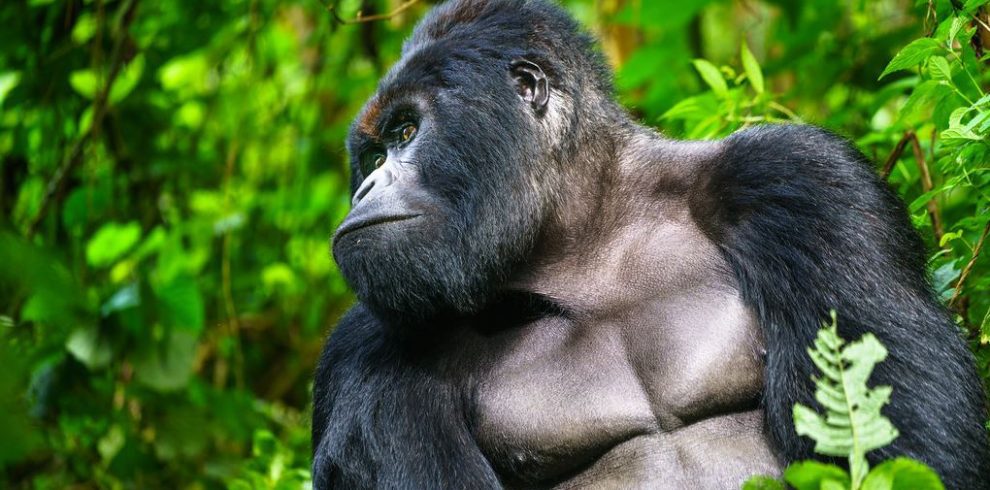Are you interested in learning a little more about Uganda and its culture? Check out our simple guide on Ugandan culture, its rich history, traditions, friendly people, and some of our recommended cultural experiences and activities -all focusing on authentic and responsible tourism.
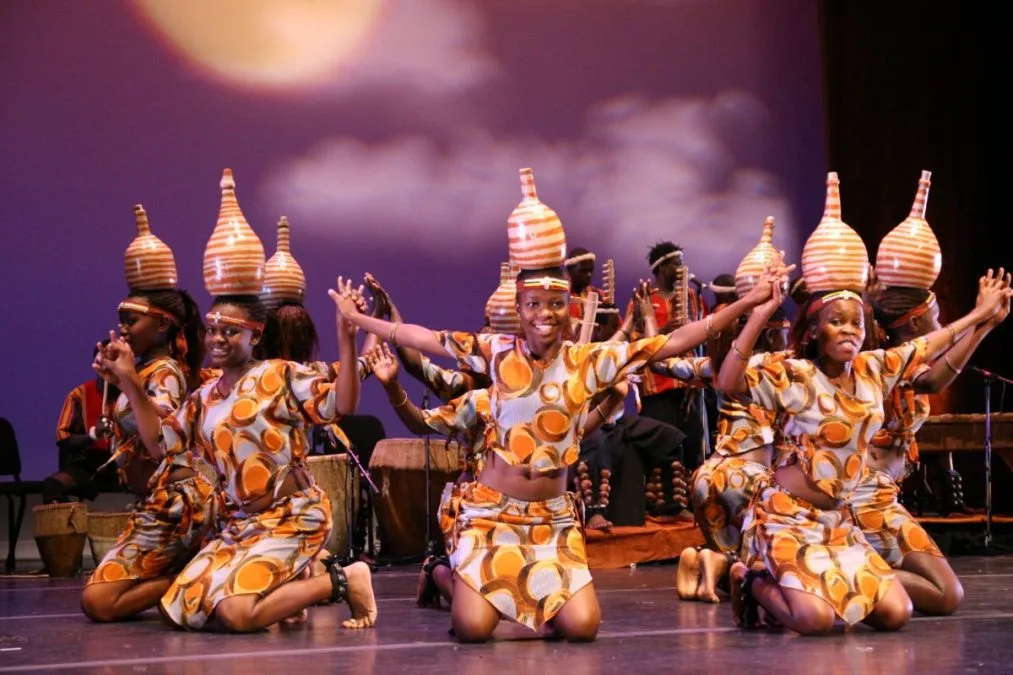
Cultural Tours and safaris in Uganda
History and culture of Uganda
Inhabited by hunter-gatherer tribes for centuries, it is believed that the Bantu and Hamitic people from neighbouring countries arrived in Uganda sometime before 1000 AD, bringing with them knowledge of agriculture and animal husbandry.
Migration from the nearby countries continued, with tribes of people from Kenya and Tanzania flowing into Uganda well into the 16th century, as well as Arab traders moving inland from the coast and Explorers and Christian missionaries arriving during the 1800s.
In 1894, Uganda came under the rule of the United Kingdom (UK), which established laws and regulations across the territory. The UK ruled Uganda for many years until independence was granted on October 9th, 1962. While Uganda has experienced unrest in the past, it is now a peaceful, safe, and tranquil place with wonderful tourist attractions.
The country takes its name from the Buganda Kingdom, which encompasses a large part of the south of the country, including the capital city, Kampala.
The most probable reason why the British protectorate came to be known by this abbreviated name is that most Europeans had their initial contact with Buganda through Swahili-speaking guides and translators. In Swahili, the prefix u is equivalent to the Luganda bu -, the Swahili speakers would almost certainly have referred to the Kingdom of Buganda as Uganda.
Five traditional Bantu kingdoms have remained and retained some cultural autonomy.
They are called Bunyoro Kingdom, Toro Kingdom, Buganda Kingdom, Busoga Kingdom, and Rwenzururu Kingdom. Aside from these 5 kingdoms, there are over 50 distinct tribes that still exist in Uganda, with a wide variety of different customs and traditions.
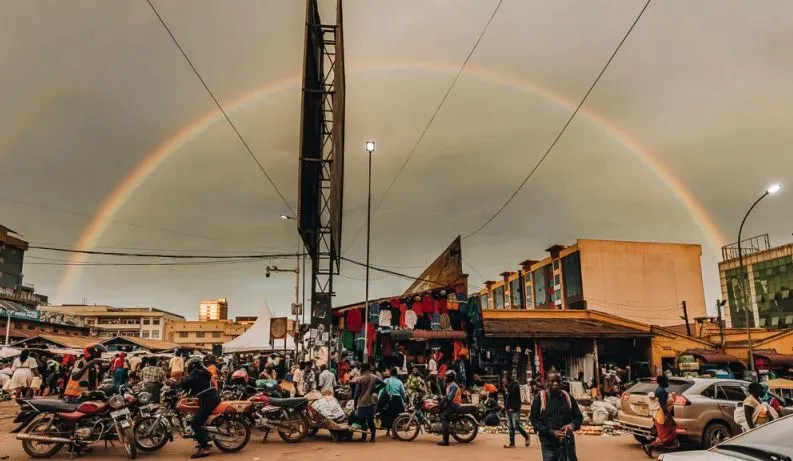
Five Fun Facts about Uganda & Its culture
- Nsenene (Pan-fried grasshoppers) are the ultimate delicacy in Uganda. If you are offered Nsenene, don’t skip out on your chance to try them!
- There are 33 indigenous languages which are spoken in Uganda. While English and Swahili are the official languages, many Ugandans speak Luganda. Try saying ‘Webale Nyo!’ (Luganda) or ‘Asante Sana!’ (Swahili), – those both mean thank you very much!
- Entebbe on the shores of Lake Victoria was the capital of Uganda before independence in 1962.
- Bathel Church in Uganda is one of the smallest churches in the world. The church is situated on top of Biku Hill in the town of Nebbi. It is only 2.4m tall and 2.3m wide. It was constructed in 1996.
- The equator line runs through Uganda. Do you want to see it with your own eyes? You can visit and take a picture at the Equator monument for free. If you are traveling west, you will find the monument approximately 77km outside of Kampala on the Kampala-Masaka road.

The Ugandan People: funny & friendly
Many travellers who visit Uganda fall in love with the country because of the hospitality they receive.
To match the Ugandan kindness and customs, you must begin every conversation with lots of pleasantries. Before getting to the point, ask people “How are you?” and add other friendly questions. Once you do strike up a conversation, they will open up and crack jokes with you.
Ugandan people also love to hear about your family. They want to know if you are married, if you have kids, see pictures of your parents, and learn about your home-town.
Please don’t take this as an invasion of privacy – family is a very important part of Ugandan culture, so these questions are just a way of getting to know you.
The people of Uganda are also proud of their country and culture. And if you are open to it, they will happily share its hidden gems and secrets with you.

Experience Ugandan culture
Experiencing Ugandan culture is not just about seeing something specific, but about interacting with individuals and learning about their opinions and way of life. That is also why we prefer driving trips over flying tours, as it allows for unexpected and authentic encounters.
The best way to understand Ugandan culture or culture in Uganda is to get off the beaten tourist track. Remember to buy a fake Rolex (Uganda’s favorite street food) from the stand outside your hotel, opt for homestays, or chat with a local boda guy.
These experiences might feel low-key, but it is the most authentic way to understand the modern Ugandan culture. Having said that, there are a variety of organized ways to delve into culture in Uganda and contribute to responsible tourism. Check our list below.
You may also like; Uganda’s Food Scene: The Taste Of A Nation.
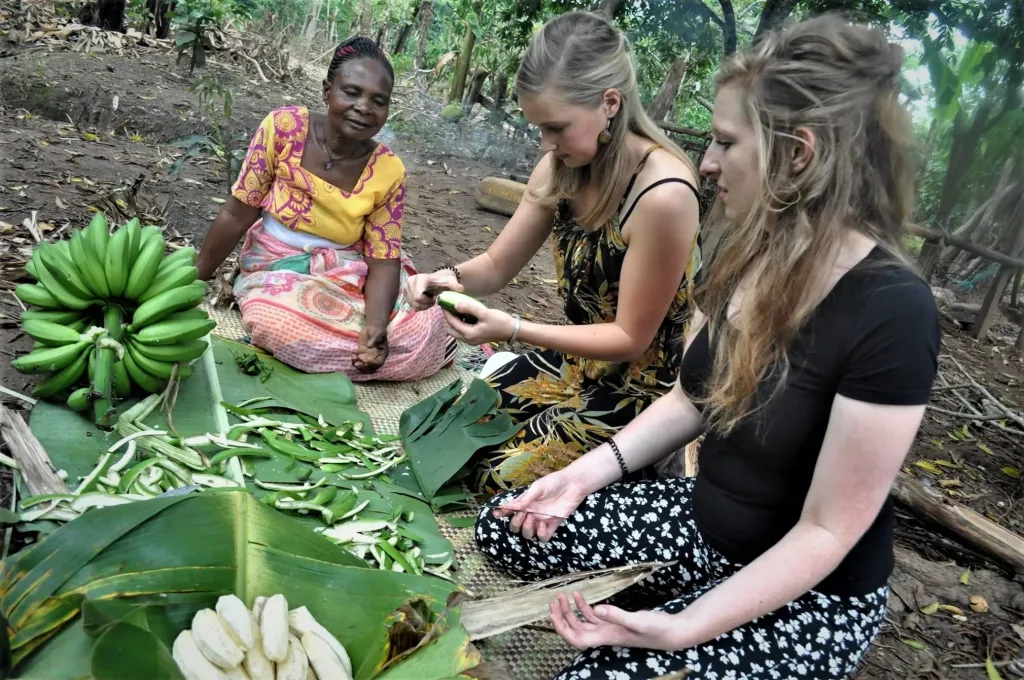
The best Uganda cultural activities
Below is a list of our best-loved cultural and community-based tourism activities in Uganda:
1. Boda Boda Tours in Kampala
Want to see all of the best attractions in Kampala as a local? Join a boda boda (motorcycle tour) and hit up all of Kampala’s main attractions. Get in touch with us for more information.
2. Ndere Cultural Centre in Kampala
Opened in 2003, The Ndere Cultural Centre in Kampala City is now the home of one of the best cultural dance groups in Uganda known as the Ndere Troupe. They offer performances every Wednesday and Friday at 7 pm and do a family show at 6 pm.
3. Kibale Cultural Tourism Centre
Kibale Forest is home to ancient tropical rainforests, chimpanzees, monkeys, rare forest birds, and dozens of beautiful crater lakes.
The Cultural Tourism Centre in the nearby Bigodi Village offers swamp nature walks, local banana beer preparation and tastings, coffee processing experiences, tea plantation visits, traditional healer experiences, homestays, village walks, and much more.
All these responsible tourism activities are all brought to you by the local community.
4. Karamoja
The Karamoja region is located in the north-east of Uganda and named after the Karamojong people. If you walk through Moroto, you will explore their pastoral lifestyle and cattle herding.
In some ways, the Karamojong are quite isolated from the rest of Uganda, which makes visiting here feel like a cultural time capsule. Check our travel blog for more information on community tours and activities in the Karamoja region.

5. Boomu Womens’ Group Homestay
Boomu Womes’ homestay offers a campsite and bandas (basic) with the option of ordering tasty, homegrown food. The place is situated in a nice garden at walking distance from the southern entrance gate to Murchison Falls National Park.
Boomu is operated by a womens’ organisation and all proceeds go to the community.
6. Sipi Falls
Enjoy the roaring Sipi waterfalls, thriving farms, and village landscapes of the Karamoja plains in eastern Uganda. Here, you can participate in hikes, cave adventures, coffee tours, and more.
7. Batwa People – Bwindi & Mgahinga
The Batwa People are an ancient hunter-gatherer tribe who lived in the forests of southwestern Uganda for centuries. They were expelled from the forests in the 1990s when mountain gorillas were critically endangered and numbers were at an all-time low of 254 individuals.
They now live a marginal existence, battling to conserve their traditional culture.
While it is unlikely they’ll ever be allowed back into the forests to live, it is possible to support credible Batwa development programmes that offer a compelling introduction to their culture while supporting this vulnerable community.
So if you are planning a trip to Uganda to track the gorillas in Bwindi Impenetrable Forest or Mgahinga Gorilla Parks, make sure an interaction with the Batwa is on your itinerary.
They will show you how they used to live in the forest, how they gathered food, how they harvested forest plants for medicine, how they built shelters in the trees, and what their music and dancing were like. Let’s help them keep their centuries-old culture alive.
Read More: Community-Based Tourism in Uganda.

Popular Safaris to Uganda
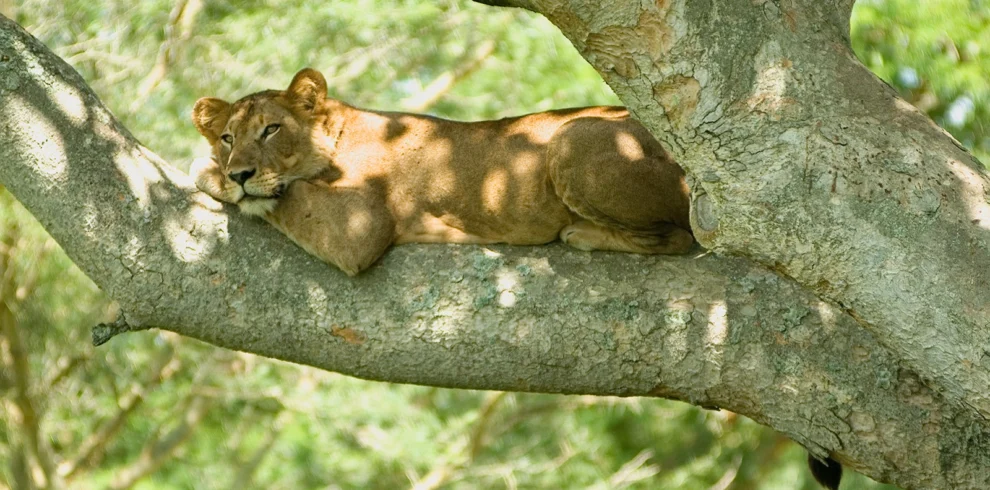
10 Days Uganda Wildlife Safari, gorillas, Chimps & Big Game
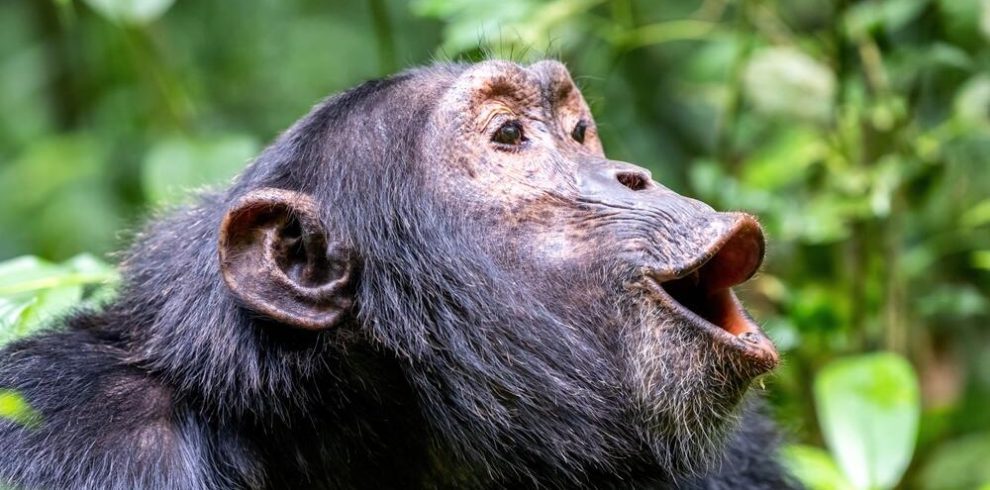
7-Day Uganda Wildlife Safari | Chimps, Gorillas, Big 5 & More!
